Court criticised for backing Tamil deportations
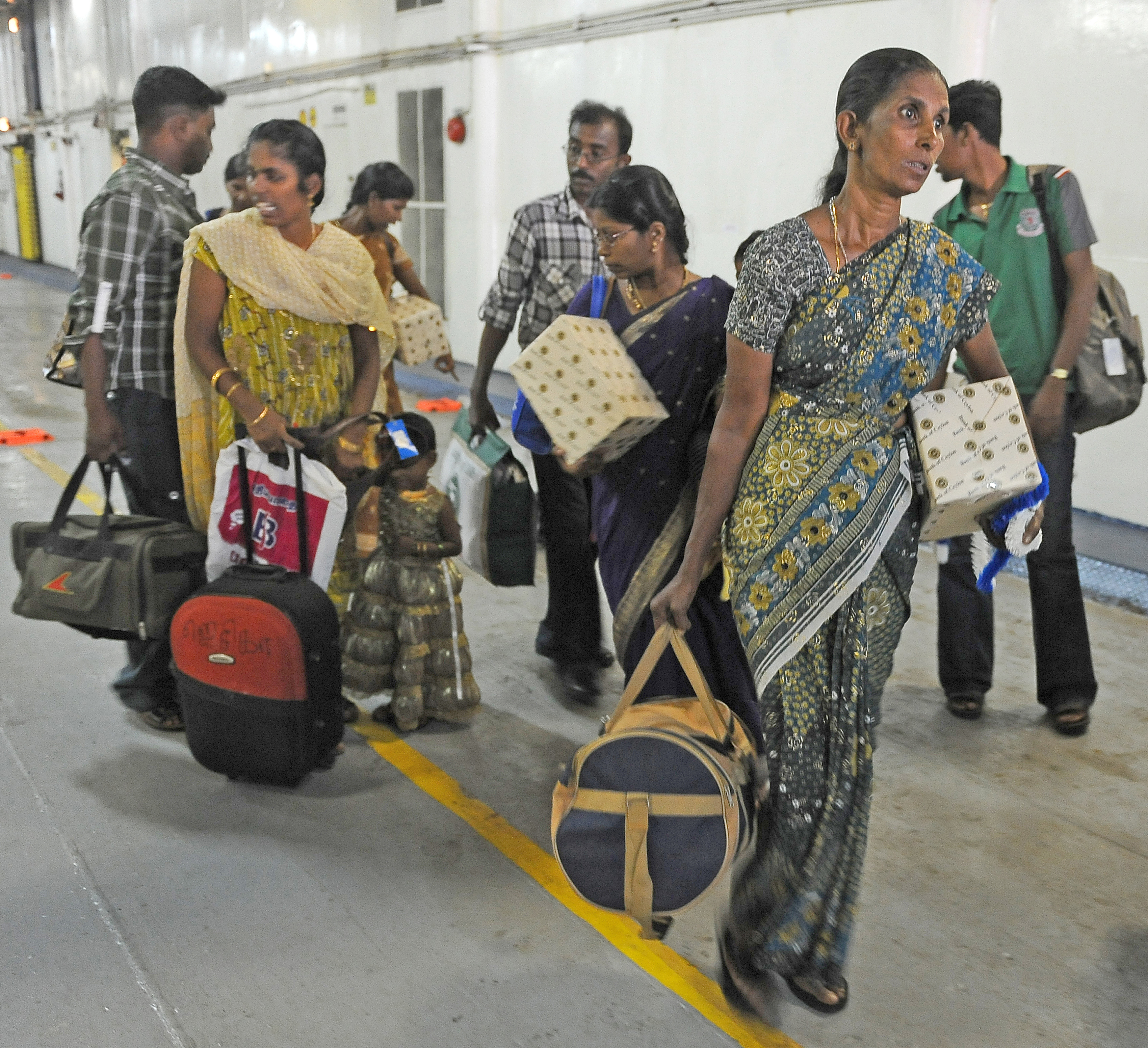
Refugee agencies have blasted a ruling by a Swiss federal court backing the repatriation of rejected asylum seekers to post-civil-war Sri Lanka.
The Federal Administrative Court said despite existing human rights concerns it was still safe to send asylum seekers back to all but one area of Sri Lanka – thereby upholding a decision made by Swiss migration officials at the start of the year.
The ruling has already made waves, with the Swiss Refugee Council calling it “premature”, saying that the situation on the ground in Sri Lanka is still unstable.
The Swiss branch of the non-governmental Society for Threatened Peoples also came out against the move, citing what it said were known cases of arrests, intimidation and even torture of repatriated Tamils who the government accuses of being opposition supporters.
The Society for Threatened Peoples went so far as to call the court’s decision “dangerous”, given the court acknowledged at the same time that the human rights situation in Sri Lanka was worsening, particularly when it came to freedom of speech and the media.
Opponents of the government are considered enemies of the state and people suspected of political opposition, as well as journalists, human rights activists and NGOs critical of the regime are at risk of persecution, the court noted.
Likewise anyone repatriated from Switzerland who is suspected of being connected to the militant separatist Tamil Tigers organisation.
“It’s really a bit shocking saying there is a risk for these people, even those coming from Switzerland, but then they accept that they have to be sent back. I really don’t understand that,” Christoph Wiedmer, director of the Society for Threatened Peoples, told swissinfo.ch.
Loophole
Sri Lankans are one of the biggest migrant groups in Switzerland. Around 2,100 Sri Lankans had asylum applications pending in Switzerland at the end of last year.
Sri Lanka’s quarter-century civil war with the Tamil Tigers ended in May 2009 with a government victory. A United Nations report published in 2011 said both sides of the conflict committed war crimes against civilians.
According to the Swiss Federal Administrative Court, where most civil cases are heard, internal safety has improved over the past three years in Sri Lanka, with the exception of the northern province of Vanni, which has been devastated by the conflict.
Under the court’s ruling of October 27, people from Vanni can only be repatriated if they have other places in Sri Lanka to go to. Only special circumstances would prevent the deportation of people from other Tamil-dominated northern parts of the country.
Migration officials will need to take into consideration when the asylum seeker left Sri Lanka, their living conditions and current accommodation, as well as the time spent in Switzerland.
The Federal Migration Office told to swissinfo.ch that allowing for an exception for Sri Lankans from Vanni could open the system up to abuse. But it stressed that each potential repatriation would be examined “individually and in detail”.
It is now looking closer at the ruling, it added.
“A lot of cases”
Back in April, hundreds of Tamils protested in front of the Swiss parliament against the Federal Migration Office’s earlier stance on the issue, saying repatriated Tamils risked arrest and torture on their return.
“We hope the Federal Migration Office will handle this very carefully, [and is] aware that every single person is really threatened,” said Wiedmer.
His organisation plans to keep the pressure on the government department, but conceded they did not think there was a way of reversing the tribunal decision.
He said there were “a lot, a lot” of cases of repatriated Tamils being interrogated when they returned to their homeland. Recently Tamils deported from Australia disappeared and claimed to be tortured. Just two months ago a Swiss Tamil asylum seeker returned to visit his sick mother but disappeared and was interrogated, Wiedmer said.
The Sri Lankan government has denied intimidating Tamils.
Precarious situation
According to the Swiss Refugee Council the humanitarian situation in the north and east of Sri Lanka is still precarious. Living conditions are currently very difficult for anyone being deported back, with infrastructure and many houses not rebuilt since the conflict.
Tamils coming back from abroad are likely to be put under surveillance and even jailed, the Council also agreed.
“Considering the circumstances, the Swiss Refugee Council sees the court’s change in practice to be premature. As long as the situation is not continuously stable and there are still risks posed to deported asylum seekers, no asylum seeker should be sent back against his will to the north or east of Sri Lanka,” it said in a statement.
The Council also called on the Federal Migration Office to examine carefully and on a case-by-case basis the reasons for deportations.
The three-decade civil war in Sri Lanka ended in May 2009 after Tamil Tiger leader Velupillai Prabhakaran and the last of his soldiers made their final stand against the Sri Lankan army. Casualties among the Tamil civilian population trapped in the disputed Vanni enclave shocked the world.
Since the end of the war, many people have been living in refugee camps. Some Tamils are still fleeing Sri Lanka and trying to get into Switzerland and other Western countries.
Sri Lankan President Mahinda Rajapaksa’s priorities include economic and political change. However, the Singhalese Buddhist has struggled for the support of people in the mainly Hindu Tamil areas. At election time, there were even reports of voter intimidation.
A 2011 United Nations-sponsored report on Sri Lanka said there was “credible evidence” the military killed thousands of civilians at the end of the civil war. The report also found the Tamil Tiger separatists used civilians as human shields as troops closed in on their final positions.
The report concluded that the government’s Lessons Learnt and Reconciliation Commission, which has investigated the end of the conflict in response to international pressure, was “deeply flawed”. The commission’s report will be presented to the president on November 15. It is due to be made public.
Observers have said a “credible” report by the commission would, in conjunction with political concessions to minority Tamils, obviate the need for an outside inquiry.
Sri Lanka is also expected to face Western pressure over war crimes at the March session of the UN Human Rights Council.
The Federal Administrative Court ruling E-6220/2006 on October 27 centred on a case of a Sri Lankan asylum seeker from the northern part of the country. The man had left the country in 2006. The court said his repatriation was acceptable.
It was the first ruling on Sri Lankan repatriation since the end of the civil war.
Switzerland is home to around 42,000 Tamils, of which around 15,000 have obtained Swiss citizenship. One third of the Sri Lankans with permanent residence or Swiss citizenship were born in Switzerland.
The Tamils first came to Switzerland as refugees in the 1980s after the civil war started.
They were the first dark-skinned people to immigrate to the country in large numbers, and were slow finding acceptance among the Swiss population at large. Tamils recall experiencing racist abuse in public places.
They have since have won respect by their habits of hard work and their family orientation.

In compliance with the JTI standards
More: SWI swissinfo.ch certified by the Journalism Trust Initiative

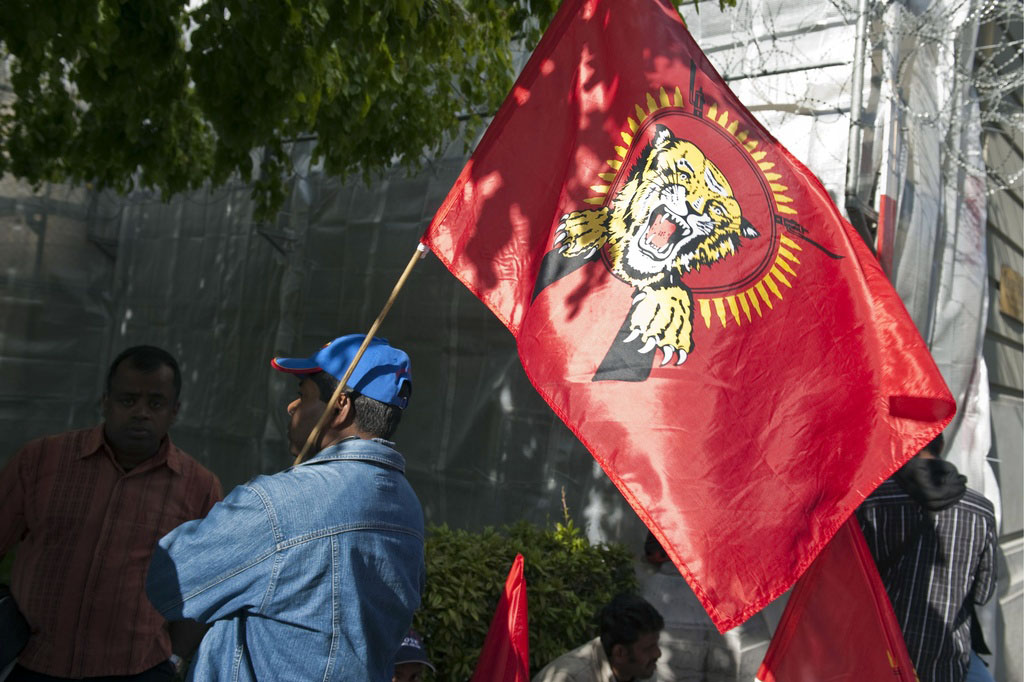
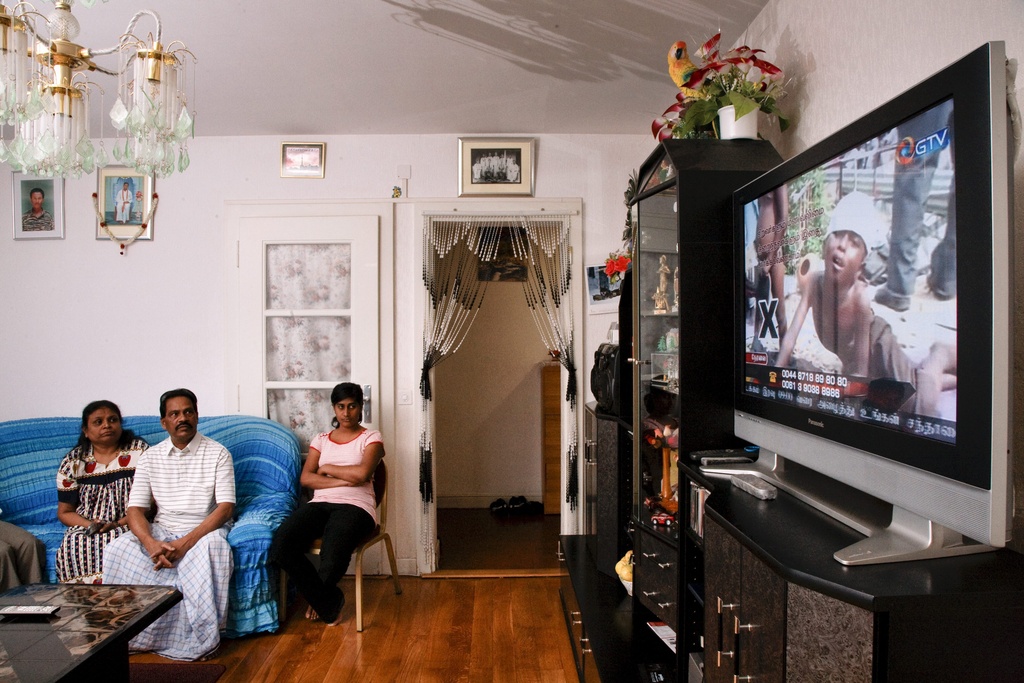
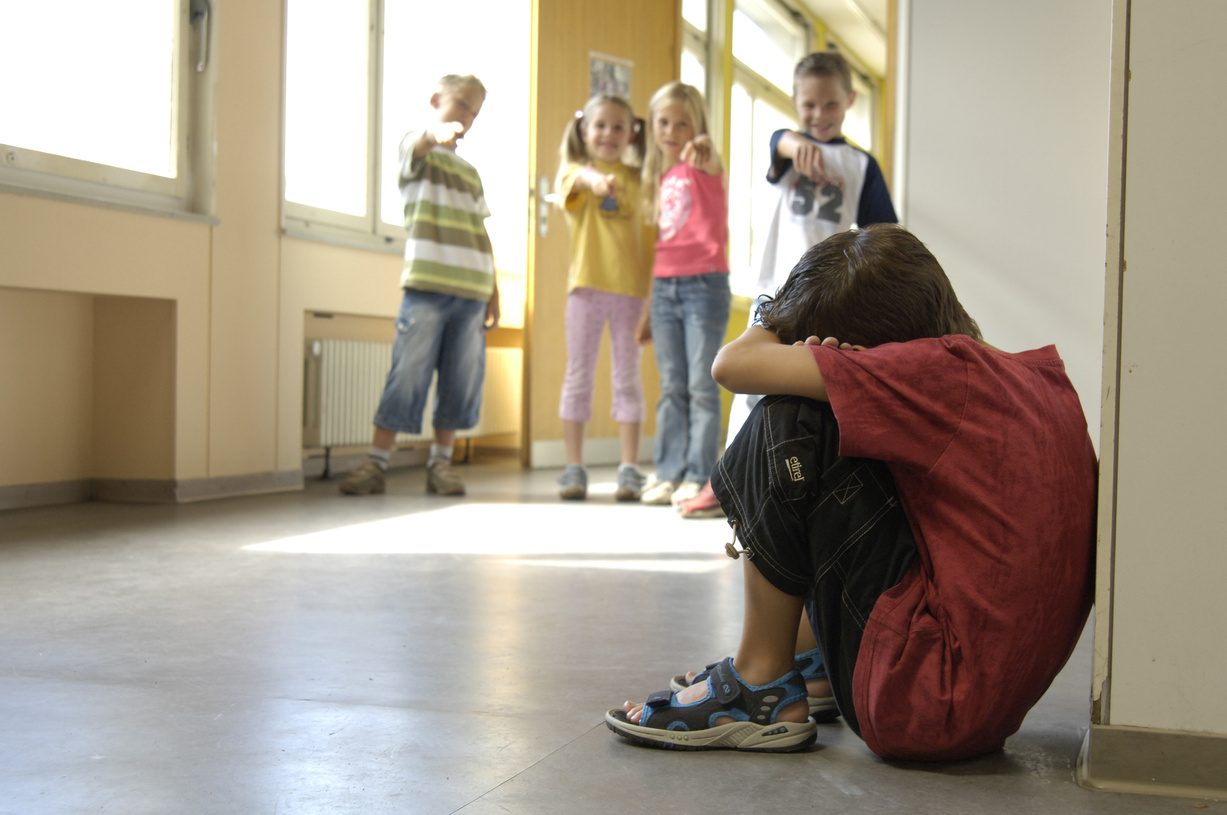
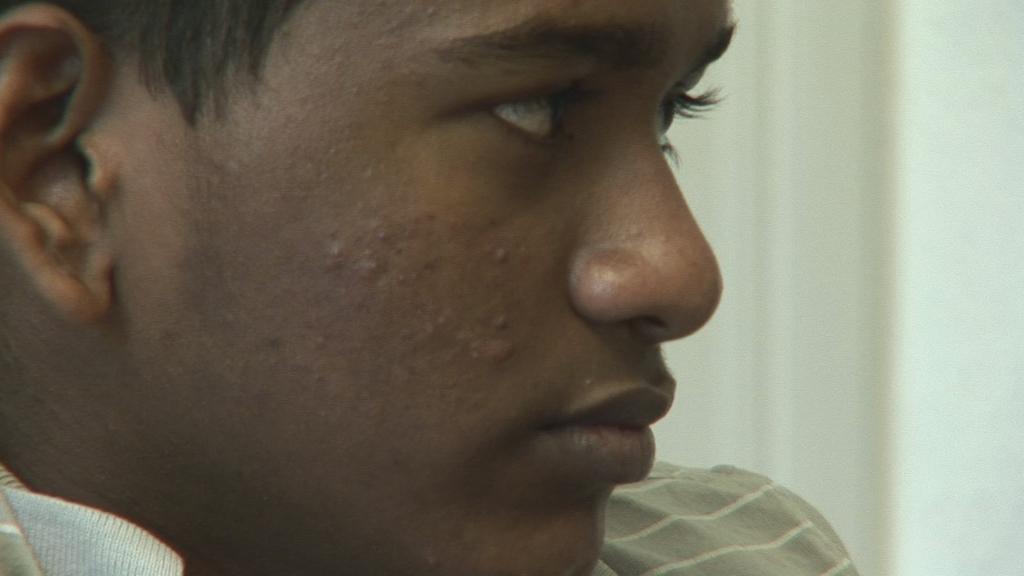
You can find an overview of ongoing debates with our journalists here. Please join us!
If you want to start a conversation about a topic raised in this article or want to report factual errors, email us at english@swissinfo.ch.